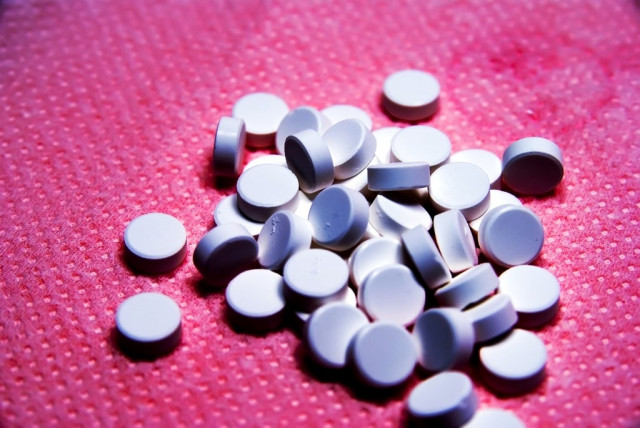Price hike: Stalemate on drug prices continues
Government, pharmaceutical companies at loggerheads over hike.

The manufacturers want at least a 15% across-the-board increase in prices to make up for the cost increase it has absorbed in the last 12 years. PHOTO: FILE
The deadlock between the government and pharmaceutical companies over the drug pricing issue persisted on Monday during daylong deliberations in Islamabad. However, both parties appeared willing to step back a little from their rigid positions, participants said.
Some of the essential medicines and vaccines have slowly disappeared from shelves as manufactures have scaled back operations, citing high production costs and minimal returns.
Successive governments have dragged their feet on the politically sensitive issue of increasing the medicine prices, which have remained largely at the same level since 2001.

“At least government officials have realised that prices can’t remain capped forever,” said Nasir Javaid, chairman Pakistan Pharmaceutical Manufacturers Association (PPMA) — the body which represents most of the medicine makers.
“This is also a political government and we won’t put any undue pressure because public reaction could be harsh. But right now, it has become really difficult for us to operate.”
The manufacturers want at least a 15% across-the-board increase in prices to make up for the cost increase it has absorbed in the last 12 years. The government has, however, offered a raise of 7-8%.
No one from the government’s side was available to comment.
State Minister for National Health Services Saira Afzal Tarrar refused to comment on the matter, insisting she knew nothing about the deliberations. Repeated attempts to contact Secretary Health Imtiaz Inayat Elahi failed.
Meanwhile, participants said that the government has made it clear that medicines that are used to treat serious illnesses like tumours, cancer and hepatitis – at least 40% of the total list – will be excluded from the price revision.
The lingering tussle has particularly disrupted the supply of vaccines, which are not made locally. Importing them has become extraordinarily expensive at current retail prices with a steep depreciation of the rupee.
Medicines used in treatment of illnesses ranging from migraine to cancer have slowly disappeared from pharmacies as the 12-year moratorium on prices continues.
Basic drugs like Panadol CF have been difficult to find in recent months, according to wholesalers.
For the future, Javaid said, PPMA is pushing the government to frame a permanent pricing policy before end of this year. “It doesn’t make sense going to them again and again on the same subject. This has to be done to settle the matter once and for all.”
The Drug Regulatory Authority of Pakistan (DRAP), created last year, also failed to resolve the stalemate mainly because of the mistrust between the bureaucracy and industry.
The size of the Pakistani drug market is estimated at $2 billion in terms of sales — large enough to attract investment. On the contrary, multinationals like Roche and MSD have wrapped up operations over the years.
Both domestic and multinational drug makers say the depreciation of the rupee and higher costs have made it impossible for them to make or market some of the products.
Pharma Bureau, which represents multinational firms, says member firms are making more money on nutrition and oral care products than medicines.
Published in The Express Tribune, November 19th, 2013.
Like Business on Facebook, follow @TribuneBiz on Twitter to stay informed and join in the conversation.



















COMMENTS
Comments are moderated and generally will be posted if they are on-topic and not abusive.
For more information, please see our Comments FAQ